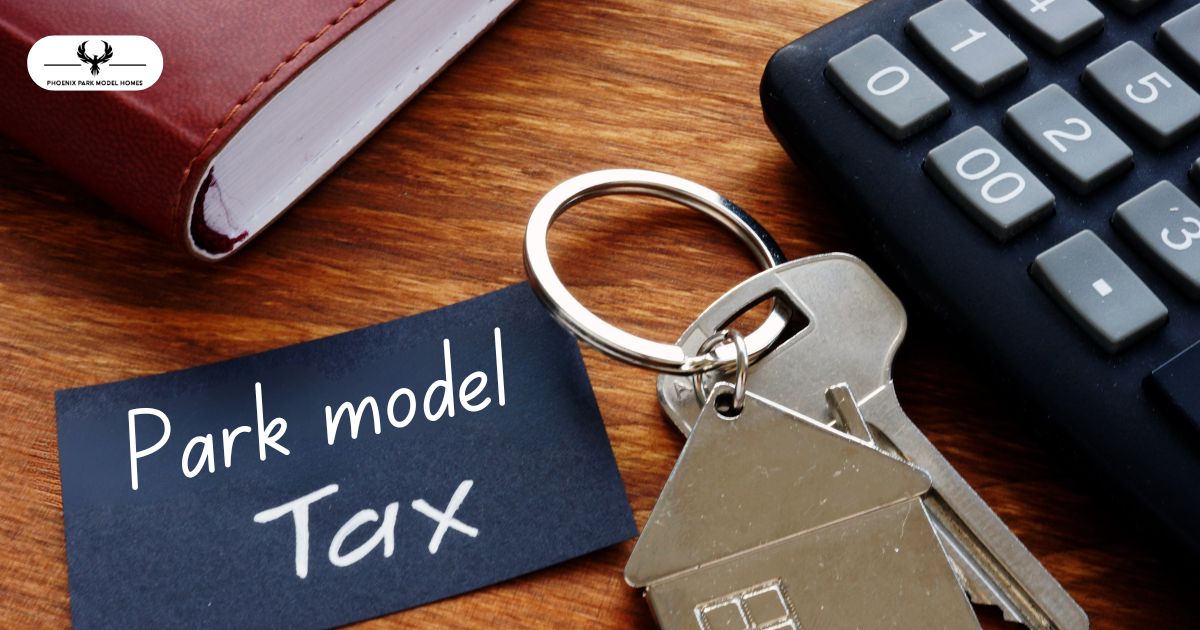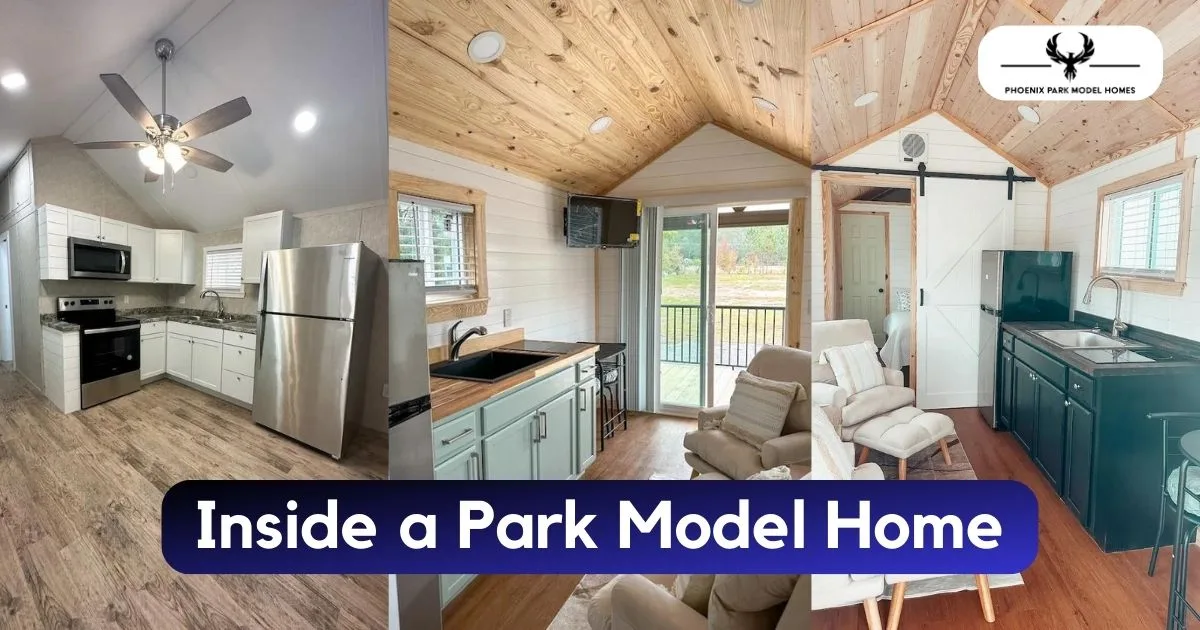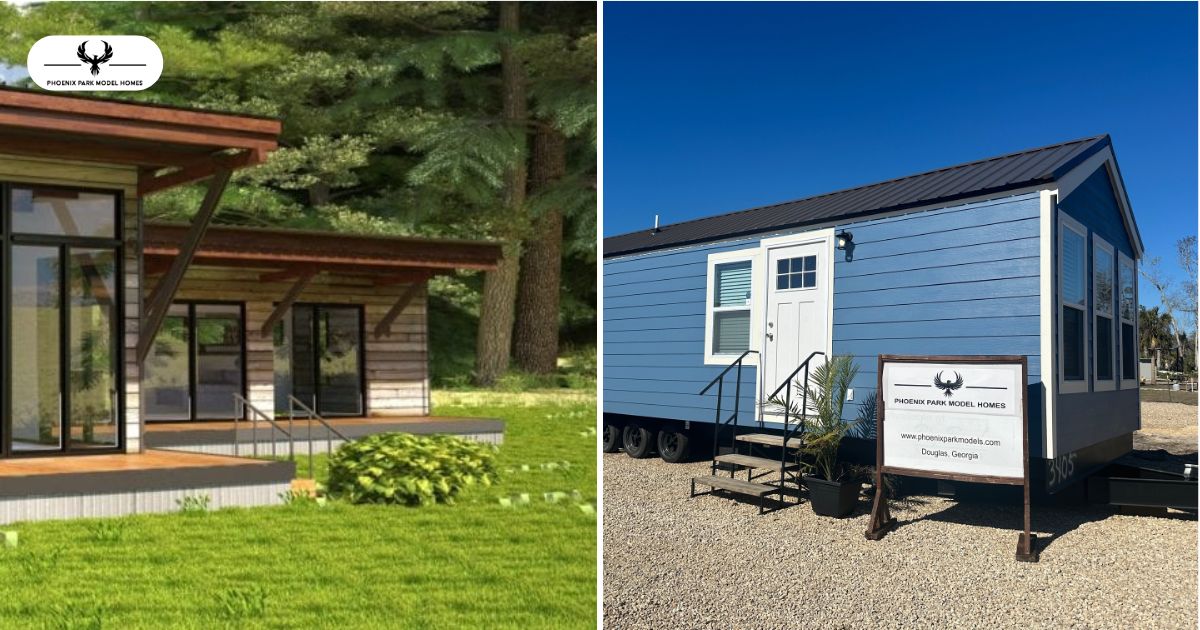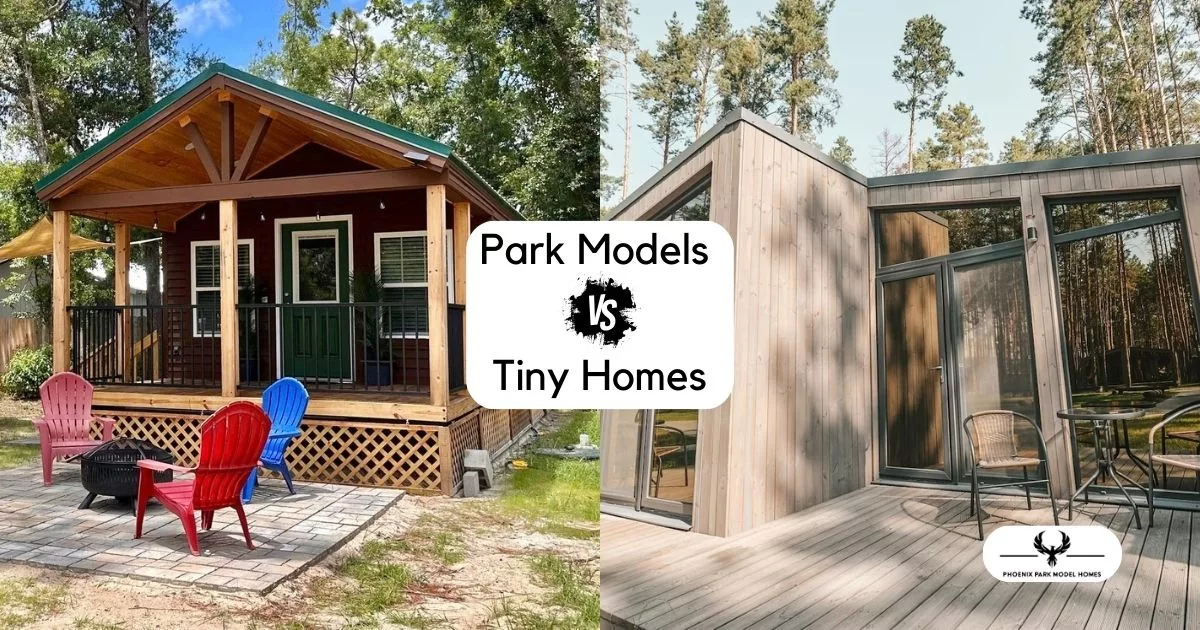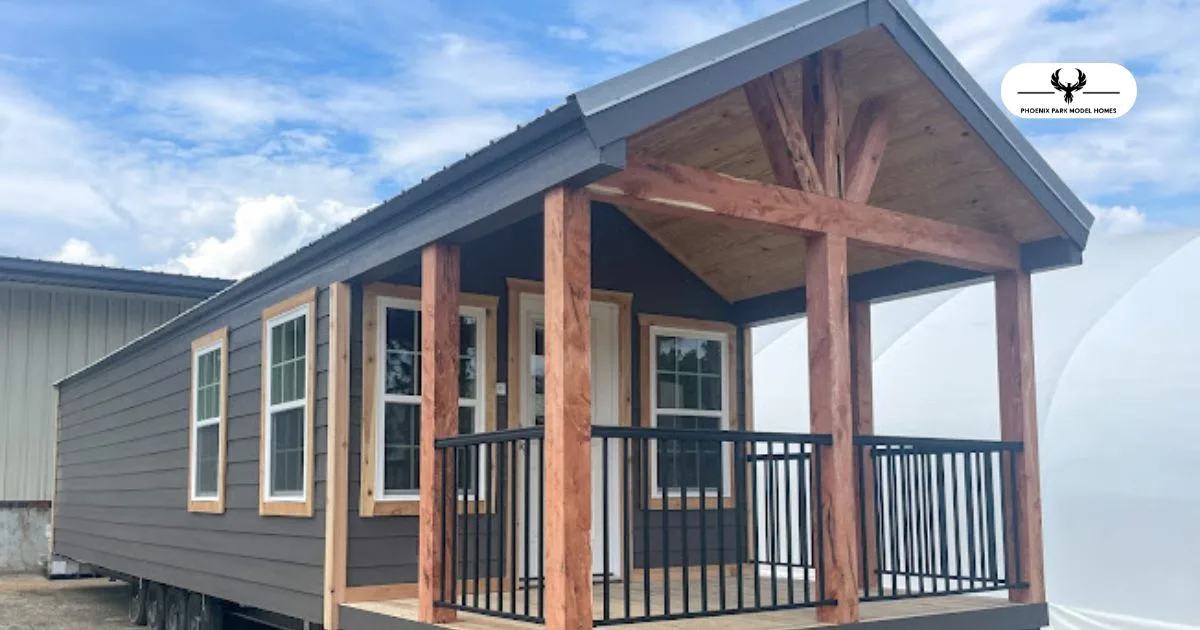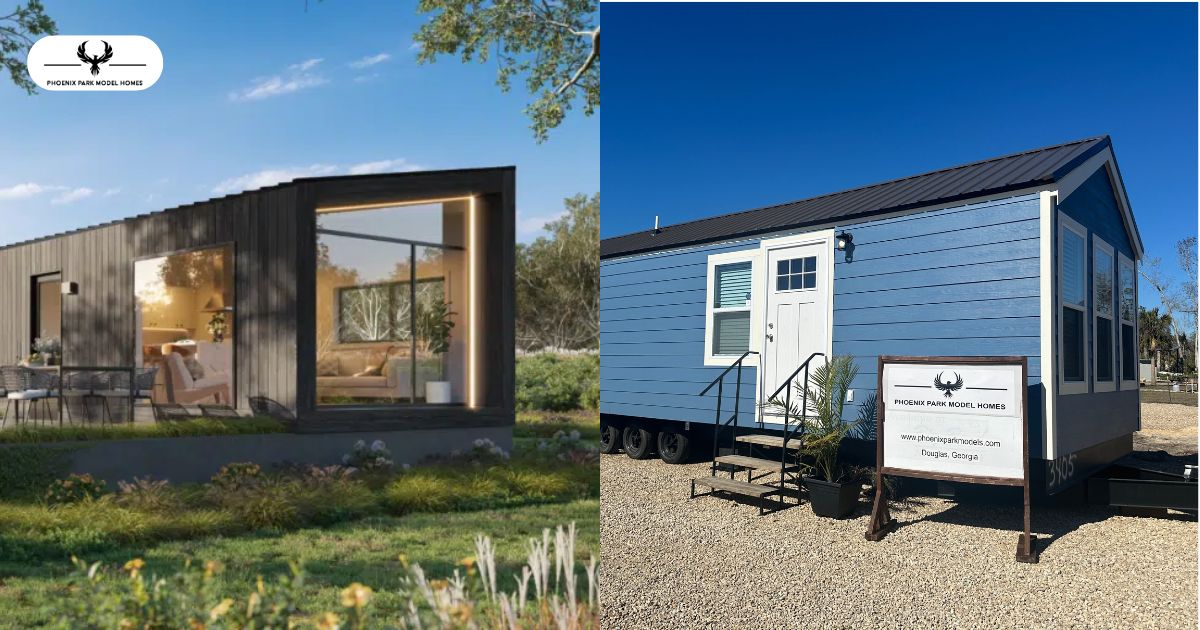Understanding Taxes for Your Park Model Home
Owning a park model home offers many appealing benefits from affordability and convenience to the flexibility of enjoying seasonal or long-term living. However, understanding the tax implications can be a bit confusing.
Taxes on park model homes vary significantly depending on how your home is classified, its location, and local regulations. This guide will help clarify these complexities, enabling you to navigate your taxes confidently and efficiently.
What is a Park Model Home?
First, it’s crucial to define exactly what a park model home is. Typically, park models are recreational vehicles built on a single chassis, designed for seasonal or recreational use. Generally, they’re under 400 square feet and can be permanently or semi-permanently parked at a designated location.
Property Classification and Its Tax Implications
Park model homes can be classified differently based on their setup and local regulations, significantly influencing their taxation. The main classifications are:
1. Personal Property (Chattel)
When classified as personal property, your park model home is treated similarly to other movable assets like cars or boats. This typically means lower property taxes but may require annual registration fees or personal property tax payments.
Pros:
- Usually lower tax rates.
- Less administrative burden.
Cons:
- Subject to depreciation.
- Annual registration fees can add up.
2. Real Property
If your park model home is affixed permanently to a lot you own, it may be classified as real property. In this case, it’s taxed similarly to traditional real estate.
Pros:
- Eligible for real estate tax benefits and deductions.
- Potential appreciation in value.
Cons:
- Higher property taxes.
- More complex paperwork and registration processes.
Sales and Use Tax
When you purchase a new or used park model home, you might be required to pay sales tax, which is generally calculated based on your purchase price. Some states may also charge a use tax if you buy your home in one state and move it to another.
To avoid surprises, confirm with local authorities or your dealership to understand any applicable sales and use taxes upfront.
Property Taxes and Assessments
If your park model home is classified as real property, it will likely be subject to annual property taxes. The tax rate will depend on the assessed value of your home, local tax rates, and any applicable exemptions or deductions.
How Assessments Work:
- Local tax authorities evaluate your property’s value periodically.
- Tax rates are determined based on the assessed value.
- Regular assessments ensure the tax amount is aligned with current market values.
Strategies to Reduce Property Tax:
- Check for exemptions: Many jurisdictions offer exemptions for seniors, veterans, or primary residences.
- Appeal your assessment: If you believe your home’s assessed value is incorrect, you can typically appeal.
- Stay informed: Regularly monitor local tax policy changes and deadlines.
Depreciation and Capital Gains Taxes
Park model homes, considered personal property generally depreciate over time, affecting your tax basis if you decide to sell later. However, if it’s classified as real property, it could appreciate, potentially exposing you to capital gains taxes when selling.
Depreciation:
- Personal property park models typically depreciate quickly, potentially offering annual tax deductions.
Capital Gains:
- Gains realized upon selling a park model home classified as real property may be taxable, though various deductions or exclusions may apply, such as primary residence exemptions.
Local Regulations and State Differences
Understanding the differences in state and local regulations is crucial, as taxation varies widely across jurisdictions.
- Florida, Texas, Arizona: Common destinations for park models often have favorable tax conditions for seasonal residents.
- Northeastern and Western states: Taxation might be higher, with more stringent property classifications and higher rates.
Tips for Efficient Tax Management
- Keep comprehensive records: Document your purchase, modifications, maintenance, and assessments.
- Consult a tax professional: Engage with someone knowledgeable in local real estate or personal property taxes.
- Join homeowner groups: Local or national groups often offer insights, shared experiences, and advice about managing taxes and maximizing benefits.
Conclusion
Understanding park model homes tax implications is essential, despite their simplicity and affordable living options. Staying informed lets you take advantage of available exemptions, and proactively managing your property’s classification, you can optimize your financial benefits and enjoy stress-free ownership.
Ready to find your dream park model home? Visit Phoenix Park Models today to explore beautiful, affordable options designed for comfort and convenience. Discover your perfect escape now!


